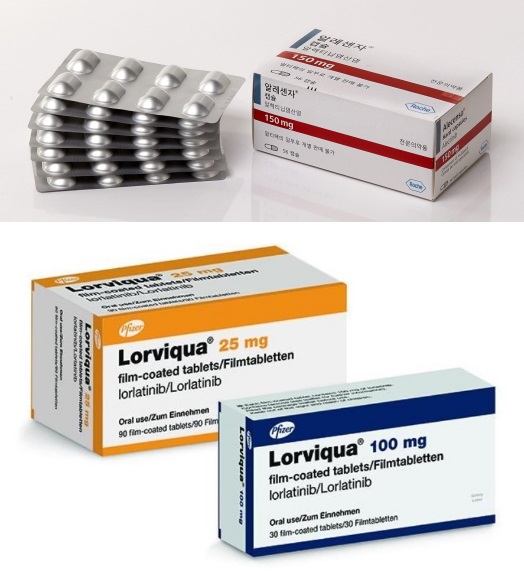Next-generation ALK inhibitors such as Alecensa (alectinib) and Lorviqua (lorlatinib) showed high activity in relapsed and refractory anaplastic lymphoma kinase (ALK)-positive large B-cell lymphoma (LBCL), signaling their potential as a treatment option, a study said.
No standard therapies exist for relapsed or refractory ALK-LBCL, and the disease has a poor prognosis.

The study was meaningful because it tested an ALK-LBCL patient-derived xenograft (PDX) model for the first time.
On July 8, a research team of Harvard Medical School led by Dr. Jacob Soumerai at Massachusetts General Hospital Cancer Center published their report, titled, “Next-generation ALK inhibitors are highly active in ALK-positive large B-cell lymphoma,” in Blood, the official journal of the American Society of Hematology.
ALK-LBCL is a rare subtype of LBCL characterized by a plasmablastic phenotype and an ALK gene fusion.
ALK-LBCL is resistant to the first-generation ALK inhibitor Xalkory (crizotinib).
The disease is deemed fatal in the relapsed setting because few reported a long-term survival and a complete response (CR) in the literature.
No standard treatment exists for relapsed and refractory ALK-LBCL. Due to its rarity and fatality, it is impossible to conduct a prospective clinical study.
The research team generated the first ALK-LBCL PDX model and investigated whether the next-generation ALK inhibitors were therapeutically active.
After confirming the therapeutic activity in the PDX model, the research team administered Alecensa to four ALK-LBCL patients. Three were refractory to the first-generation ALK inhibitor Xalkory.
All four patients responded, and two of them achieved CR. In addition, one maintained remission for more than 15 months after allogeneic transplantation.
One patient whose disease progressed received Lorviqua treatment and achieved CR.
“These data support the use of alectinib and lorlatinib as off-label therapeutic options for patients with relapsed or refractory ALK-LBCL,” the research team said. “Allogeneic stem cell transplant should be considered for patients who achieve an adequate response.”
The research team also emphasized the potential of PDX models to inform treatment options for patients with rare malignancies.
Although many PDX models of diffuse large B-cell lymphoma (DLBCL) have been reported, ALK-LBCL shares few biological features with DLBCL, the research team said.
“To our knowledge, none of the DLBCL PDX models capture the unique biology driving ALK-LBCL,” the research team said.
It added that the newly generated PDX models would be key to testing new therapies in ALK-LBCL to overcome resistance to ALK inhibitors.

